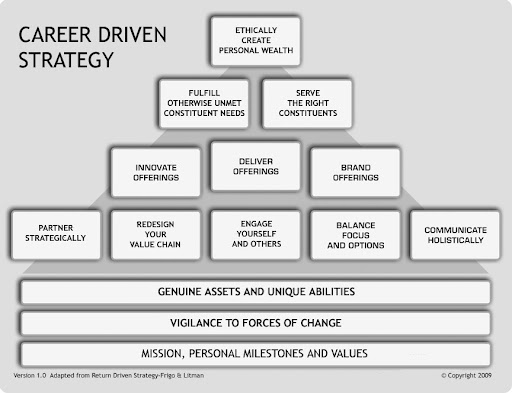Tax policy directly affects economic output. Learn more about the connection here!
|
|
| Today, I want to explore the relationship between a country’s economic output and its tax policy. Curious? Keep reading below to know more! Tax policy directly affects economic output. Learn more about the connection here! It has always been assumed that population size is directly proportional to its output. A large population means more people produce, consume, and contribute to overall economic activity and growth. Yet, this assumption falls apart when you take a look at real-life examples: Colombia is a lush, mountainous country located in South America, with a population of more than 50 million people. It has a GDP of over USD 360 billion and exports petroleum, a host of other natural resources, and agricultural produce like coffee and fruits. On the other hand, Singapore only has a tenth of Colombia’s population (just over 5 million) and also exports petroleum. … yet it enjoys a significantly higher GDP that stands at USD 500 billion. What’s the reason behind this gap? As you’ll see in today’s “The Independent Investor,” the answer lies in tax policy. Population ≠ Economic Muscle
Colombia’s tax code ranks last among the 38 members of the Organisation for Economic Co-operation and Development (OECD). The country’s corporate tax rates currently stand at around 35%. This means when people make money, they also get hit with taxes on income, capital gains, dividend, interest, and even financial transactions. It’s no wonder that foreign direct investment in Colombia stood at only USD 14 billion in 2024. For comparison, the corporate tax rate of OECD members averaged at 24%, while foreign direct investment averages at around USD 18 billion across all member states. Said another way, the country’s tax policy is just too burdensome to investors, businesses, and even workers. On the other hand, the reason why Singapore is prosperous is because it has policies that are friendly to businesses and encourage wealth creation. Instead of taxing production, the country taxes consumption, incentivizing people to make more money and for businesses to set up shop. So, what should countries be doing instead? Lower tax rates. It’s often assumed that a decrease in taxes can hurt tax revenue. However, this isn’t entirely true, as lower taxes can unlock higher tax revenues and foster economic growth. We can see this through what’s called the “Laffer curve”—a theory the economist Arthur Laffer came up with in 1974 to depict the connection between tax rates and revenue. Simply said, there’s a “sweet spot” for tax rates. While this isn’t a precise figure, it tends to fall on the lower end of the Laffer curve, as seen in the chart below.
The Laffer curve shows that when tax rates drop from burdensome levels, individuals and businesses are more likely to spend and invest. This then snowballs into higher demand, higher production, a rise in employment, and more business activity. … and you know what? This is exactly why the U.S. is an economic powerhouse. Instead of taxing production, the U.S. has cut corporate taxes since the 1970s, and most recently, 2017. Despite all the uncertainty in today’s global economic climate, the U.S. is poised to maintain and expand its economic dominance. Congress has just passed the administration’s proposed tax cuts, ensuring that the economy will keep growing for years to come. Hope you’ve found this week’s insights interesting and helpful. EXCITING NEWS AHEAD The world of work has shifted, and there’s no going back. The barriers to entry have never been lower for talented professionals to work independently, and today’s massive external workforce is hardly a pandemic-produced fad. Business owners can only survive in the new work landscape by partnering with this deep talent pool. With decades of experience in both small-business entrepreneurship and executive management at PwC, I truly believe that the future of work is independent. With that, I’m happy to share with you that my book, co-authored with Walter Scott Lamb, is now available on Amazon! Free Birds Revolution: The Future of Work & The Independent Mind This new bestseller is an essential read for both independent professionals and corporate executives. Here, we provide educational and practical guides to unpack the ever-growing workforce and offer you crucial ways to become a client of choice. Click on the link above to order your copy. Let this bestselling book help you future-proof your career and organization in the new world of work. Stay tuned for next Wednesday’s The Independent Investor! In the world of finance and investing, some calamities start not with fire and brimstone, but with ambition. Learn more about how the business world is warming up to a 15-year disaster industry in next week’s article! |

Miles Everson
CEO of MBO Partners and former Global Advisory and Consulting CEO at PwC, Everson has worked with many of the world's largest and most prominent organizations, specializing in executive management. He helps companies balance growth, reduce risk, maximize return, and excel in strategic business priorities.
He is a sought-after public speaker and contributor and has been a case study for success from Harvard Business School.
Everson is a Certified Public Accountant, a member of the American Institute of Certified Public Accountants and Minnesota Society of Certified Public Accountants. He graduated from St. Cloud State University with a B.S. in Accounting.




